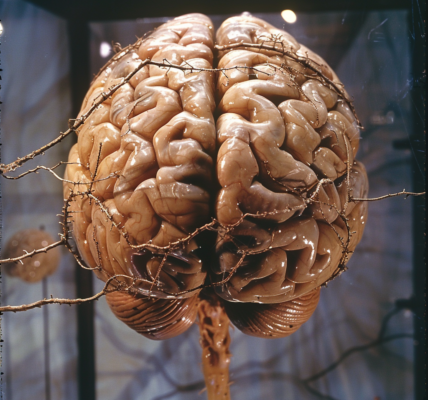As marijuana legalization continues to gain momentum across the United States, a new study published in the Journal of the American Heart Association has raised concerns about the potential adverse effects of daily cannabis use on heart health.
The study, conducted by researchers at the University of California San Francisco (UCSF), analyzed data from 434,104 respondents to examine the association between cannabis use and cardiovascular events. The findings revealed that daily cannabis smokers faced a 25% increased risk of heart attack and a 42% increased risk of stroke compared to non-users.
According to the study, cannabis use was linked to adverse cardiovascular outcomes, with heavier use correlating with higher odds of these outcomes. Dr. Abra Jeffers, a co-author of the study from Massachusetts General Hospital, emphasized the misconception that marijuana is harmless, stating, ‘People think marijuana is harmless. It is not. We found that using marijuana (mostly by smoking) is as bad as smoking tobacco cigarettes.’
While the study specifically focused on daily cannabis use, it also highlighted that any level of use was associated with increased risk, with higher frequency of use per month further elevating the risk. The findings come at a time when recreational cannabis use is permitted in 24 states, with a significant percentage of the American population reporting regular and annual use of cannabis.
As the debate surrounding marijuana legalization continues, the study serves as a reminder of the potential health implications associated with frequent cannabis consumption, particularly in relation to heart health. With ongoing discussions about the expansion of cannabis access and consumption, the study’s findings may prompt further consideration of the potential risks and consequences of regular cannabis use, particularly in the context of cardiovascular health.





